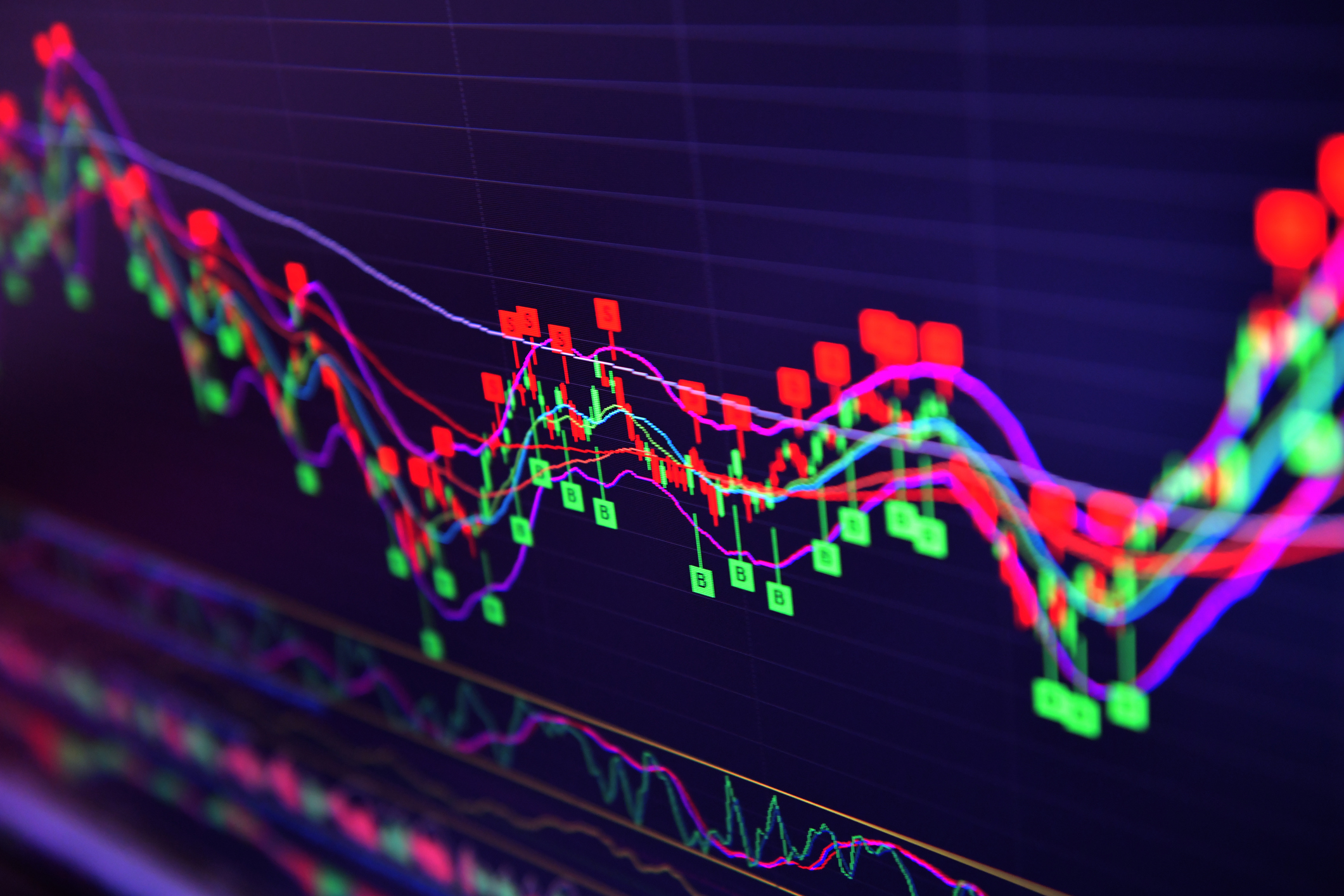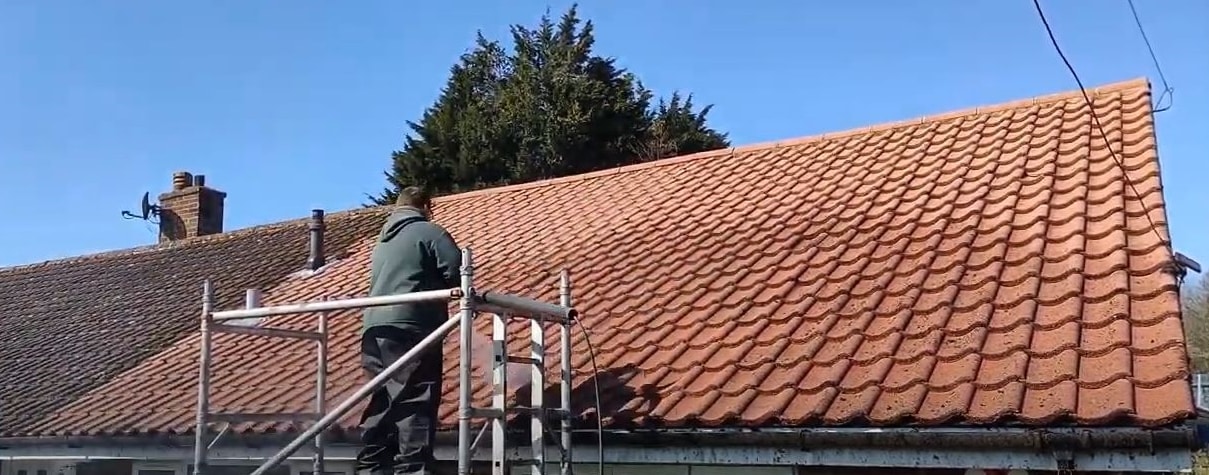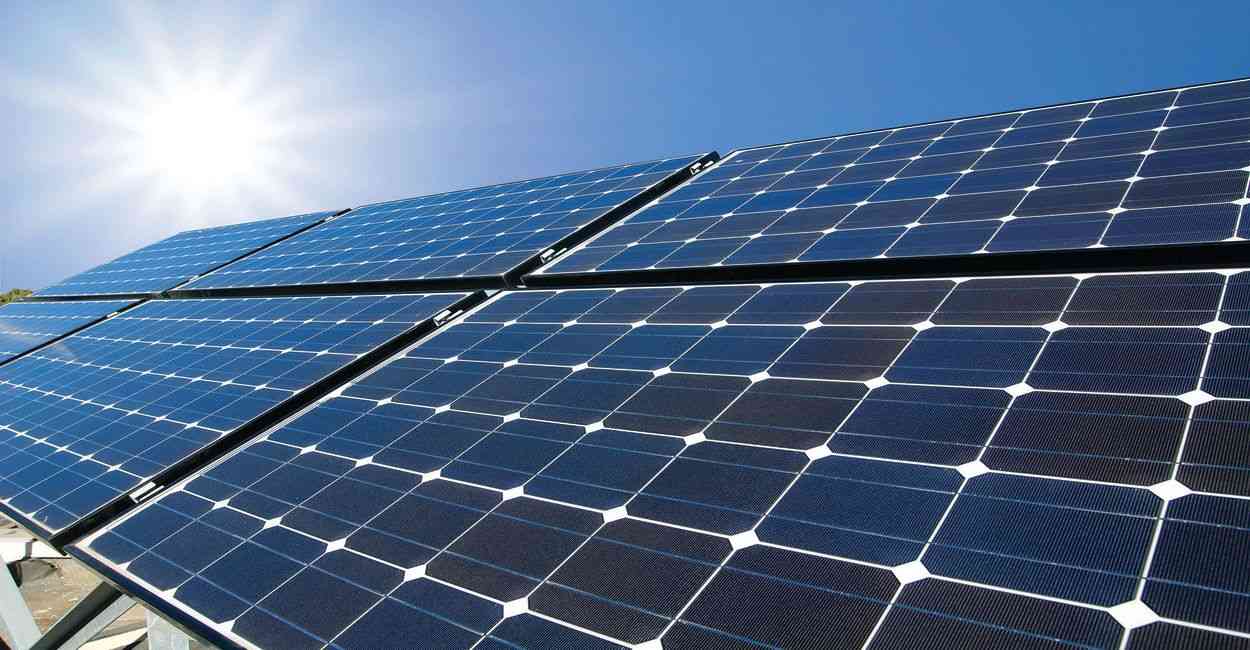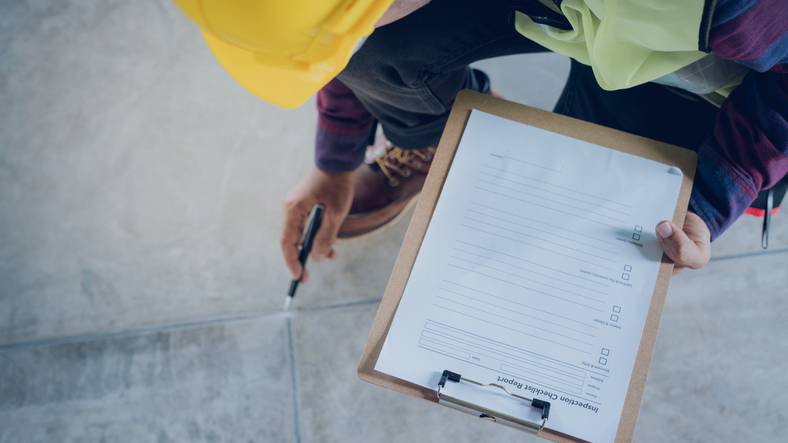Inflation Ahead? Top Economist Says It’s Complicated
5 min read
The pandemic boosted buyer demand from customers, but supply chains just can’t hold up, producing inflation. But right after this non permanent situation finishes, what is following? Economists cannot agree.
WASHINGTON (AP) – Two months of sharply mounting rates have elevated considerations that report-large governing administration economic support and the Federal Reserve’s extremely-minimal fascination fee procedures – when the economic system is already surging – have elevated the hazard of accelerating inflation.
In May, customer costs rose 5% from a 12 months earlier, the premier this sort of yr-over-calendar year bounce given that 2008.
Numerous economists see the recent spike as temporary. Others say they fret that bigger shopper prices will persist. Jason Furman, a Harvard professor who was President Barack Obama’s top rated financial adviser, thinks the reality is much more difficult. He does, however, lean toward the higher-inflation-will-persist camp.
Furman notes that when most economists hope inflation to gradual from its current quickened tempo, not all feel it will drop again to the Fed’s desired degree of 2% a calendar year.
The Involved Press spoke recently with Furman about why increased inflation might prove only short-term, why it may persist and whether or not a little far more inflation is all that undesirable.
The job interview was edited for length and clarity.
What is driving inflation up, and do you believe it will persist?
There is been a great deal of really short-term inflation from a set of quirks relevant to the economy’s reopening. For instance, made use of car or truck charges have definitely soared, and other prices are acquiring back to the place they ended up pre-pandemic. I never consider anyone thinks the current amount of price raise is heading to continue on.
The issue is, how a lot does it slow down? Does it gradual down all the way again to the 2% boost each 12 months we made use of to see? Or does it sluggish down fewer than that, and we’re left with something a lot more like a 3% boost just about every calendar year?
How poor would 3% inflation be? Is it one thing we truly need to have to stay clear of?
I really do not in fact believe 3% inflation would be awful, but it relies upon. If policymakers experimented with to decrease inflation from 3% to 2%, (by boosting curiosity prices), that could be fairly agonizing. If wages never preserve up with costs, that would also be troubling. But if we want to work the financial state, yr in and year out, at a higher inflation charge likely ahead, I really do not see that as a challenge. But I do believe it’s significant to make plan centered on the most real looking and exact anticipations for what is going on in the upcoming.
Outside of the economy’s reopening, what could push a additional sustained bout of inflation?
I imagine the four explanations why you may be concerned that inflation is likely to be extra persistent are, No. 1, there are some shoes that have not dropped nonetheless. The biggest of them becoming the cost of shelter – that is rent. And then it is a little something called owner’s equal hire, which is what it prices a home-owner to dwell in their residence. (Both equally rents and house rates have risen sharply.)
Second issue is some price ranges are sticky. That means they do not adjust really swiftly and appropriate absent. A whole lot of charges adjust the moment a calendar year, and you’re going to see extra of these price modifications above time. Wages also are inclined to be sticky. A large amount of employers might in September make your mind up on new wages for January.
The 3rd variable is that it’s very likely that demand from customers continues to exceed source by way of the rest of the year. Individuals have a lot of funds. They’re paying out that money, but not everyone’s back again to work, which usually means we just cannot make almost everything that men and women want to purchase.
And eventually, and most speculatively, expectations for inflation engage in a large purpose in the dynamics of inflation. Could expectations adjust? Could they grow to be unanchored if folks commence to expect additional inflation? It would be self-satisfying.
How does the recent scenario review with the spiraling inflation of the 1970s?
There’s no hazard of a repeat of the expertise like the 1970s. The Fed learned that lesson. They’ll never allow inflation get to 10%. The 1960s is the model for what we’re heading as a result of now. Inflation crept up from about 1.5% to about 5%.
Just one of the troubling items in the 1960s was that wages didn’t hold up with costs, and so persons noticed their getting electricity, their genuine wages slide. I’m not expressing which is what’s heading to come about now, but that is the situation to be concerned about.
Do you feel the fed has properly assessed the dangers?
They shifted coverage in the correct course at their most up-to-date assembly (on June 15-16). But I assume they’re likely to shock on their own that they’re likely to conclusion up with a very powerful recovery in work opportunities, that we’re heading to finish up with much more inflation than we assume. And so they’re heading to elevate rates quicker than they assume they’re going to.
Would that sluggish the financial system or most likely bring about a recession?
There are two situations for the Fed. The most possible a person is that our unemployment fee is rather very low in 2022. Inflation is managing earlier mentioned pattern. And so the alternative is very quick. They’ve accomplished approximately their most work mandate. They elevate charges. The bad situation for the Fed would be the unemployment rate continues to be elevated and inflation is functioning at 3% and then their twin mandate will be pulling them in diverse directions. And I’m not certain how they would solve that.
Copyright 2021 The Linked Press. All rights reserved. This materials may not be published, broadcast, rewritten or redistributed devoid of authorization.



.jpg)
